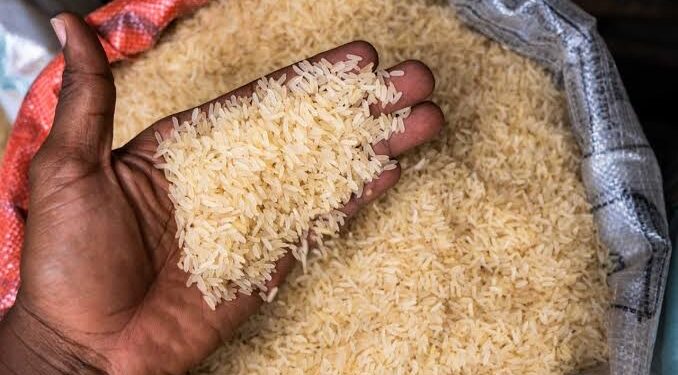Northern Nigeria’s Rice Mills Face Shutdown Amid Economic Pressure
In Northern Nigeria, rice mills are closing down as rising production costs and the absence of government intervention have made operations nearly unsustainable. Over the last 18 months, soaring diesel prices and increased electricity tariffs have forced millers to cut back, with some halting production altogether.
From Booming Growth to Economic Strain
Between 2015 and 2020, rice milling flourished as the Nigerian government pushed for self-sufficiency in food production. However, farmers like Retson Tedheke, who invested heavily in rice milling, now find the venture unsustainable. High diesel prices have forced him to spend over N1 million monthly to power his 300KVA generator due to unreliable electricity, doubling his operational costs.
Access to Rice Paddy and Lending Challenges
Millers also struggle to secure rice paddy, with some sourcing from neighboring countries. Recent floods have worsened local rice supply, and high-interest rates, now at 27.25%, make loans inaccessible. Without the former financial support of the Central Bank of Nigeria (CBN), many millers are selling their assets to recoup investments.
Rising Rice Prices and Calls for Support
Inflation and rising production costs have driven rice prices up by over 140% in the past year, with a bag now selling for nearly N100,000—higher than Nigeria’s revised minimum wage. Experts are calling for government intervention to stabilize input costs and enable dry-season farming to boost rice availability.
Source: NairaMetrices


















